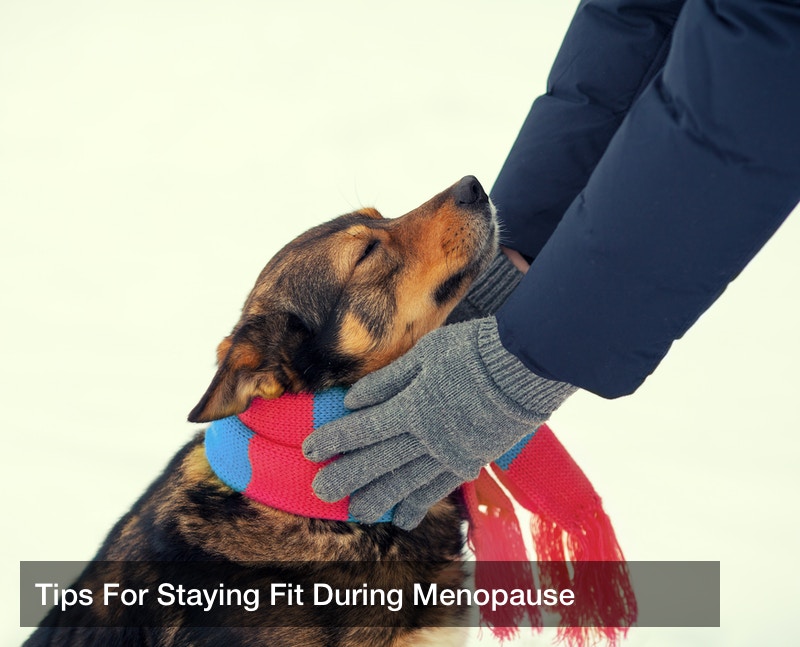
 Medical professionals across the country are hoping to raise awareness about a common yet misrepresented illness known as ‘sick building syndrome.’ According to BT.com, this syndrome is the result of continued exposure to harmful toxins, volatile organic compounds, and airborne pollutants.
Medical professionals across the country are hoping to raise awareness about a common yet misrepresented illness known as ‘sick building syndrome.’ According to BT.com, this syndrome is the result of continued exposure to harmful toxins, volatile organic compounds, and airborne pollutants.
Acknowledged by the Environmental Protection Agency as a legitimate condition, sick building syndrome (SBS) doesn’t have a documented cause. However, according to Medical Daily, some experts believe SBS is linked to the oil embargo of the 1970s. Everyone wanted to conserve energy and cut costs, so they made buildings throughout the country more airtight.
By tightening up ventilation within buildings, those responsible were essentially creating a cesspool of pollutants for those spending time in the buildings. Volatile organic compounds, found within adhesives, carpeting, cleaning supplies, synthetic fragrances, and office equipment, are unable to get out of the building.
Risk factors for buildings that could cause SBS include:
- Poor ventilation
- Low humidity
- Changes in temperature
- Airborne particles
- Airborne chemical pollutants
- Poor lighting
- Poor standards of cleanliness
- Stress
Even if pollutants within a building are minimal, improper maintenance of the dwelling’s HVAC system can be harmful. An HVAC system filter should be changed every two months; if it is ignored, it can result in a build up of dust and allergens. These allergens and dust particles are then absorbed into the air, ending up in the lungs of inhabitants.
The result of inhaling and ingesting volatile organic compounds is SBS. Symptoms include headache, dizziness, nausea, irritation of the throat, nose, skin, eyes and other general discomfort.
Symptoms of SBS are unique to each individual, meaning coworkers sharing a room may exhibit similar or completely different signs. However, a telling sign is the disappearance of such symptoms after leaving a building or dwelling.
A lack of awareness of SBS and a lack of commonality among symptoms leads to it being wildly undiagnosed or mistreated.
If you believe SBS is affecting your health, alerting the management of a building, landlord of homeowner is the best course of action. The only way to stop SBS is to improve ventilation within the building.



